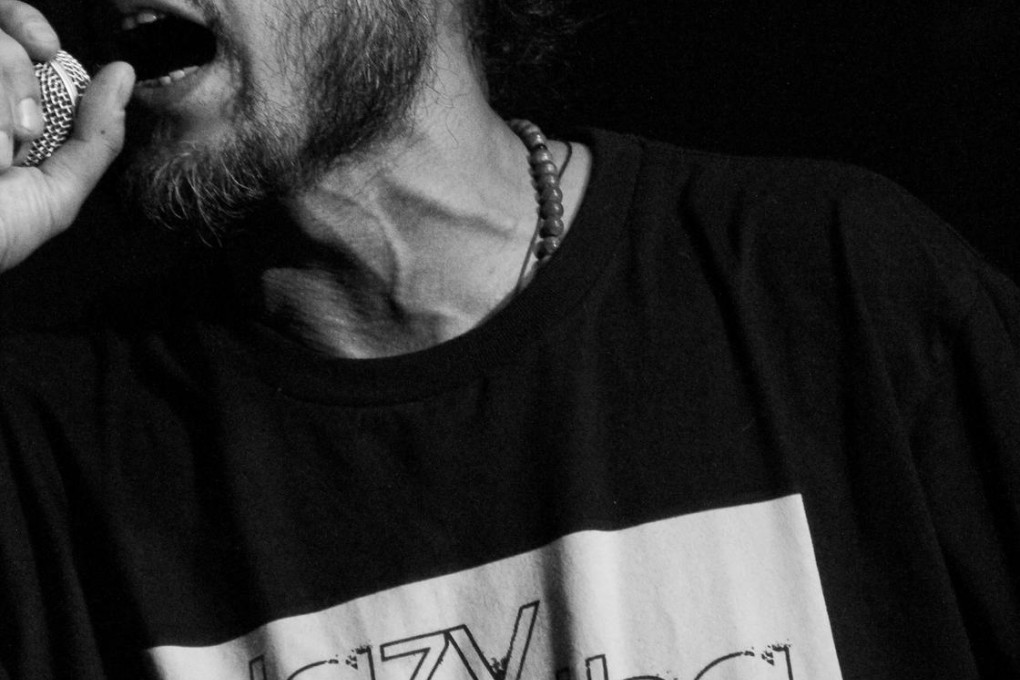The happy outsider
MC Yan bucked the mainstream yet managed to make his name in music and the arts, writes Ben Sin

On September 1, 2012, tens of thousands of Hongkongers - many of them teenagers - stood outside government headquarters in Central demanding the cancellation of the national education course proposed for the school curriculum starting in 2016. Amid the sea of protestors, dressed almost all in black, stood Chan Kwong-yan.
Camera in hand, Chan, better known as local hip hop pioneer MC Yan, recorded the action around him: to his right, three students shaved Xs on the backs of their heads; on his left, a girl in a white dress poured fake blood over herself. Chan stood with the crowd, soaking in every chant, every fist pump.
I was always curious, I didn't want to just do what we were told we were supposed to do
Here was a man who - whether as chief lyricist for seminal local rap group LMF, host of an illegal online radio feed, or a street graffiti artist - had been anti-establishment for more than two decades, and felt at home surrounded by protestors. But he was particularly motivated by this demonstration. Two weeks later, with the help of Taiwanese rapper Dog G, Chan released the rap track , with protest footage serving as the music video.
The track and video were banned on the mainland but became an underground hit in Hong Kong, Taiwan and, most importantly, on the internet.
Since 1997, when Chan teamed up with then-DMC world championship runner-up DJ Tommy for a six-track EP that shocked Hong Kong listeners with its profanity-laced lyrics - and would eventually lead to the formation of LMF in 1998 - he has been a controversial figure in this city. Especially musically, where his lyrical content has always been about, to use an old hip hop cliché, "fighting the man".
It's a message he learnt at a young age. Born one of seven children in a housing estate in Kwai Chung in the 1970s, Chan was a loner. He never saw much of his father - Chan senior was busy running a Chinese restaurant - and didn't exactly get along with his siblings. "I was always curious, I didn't want to just do what we were told we were supposed to do," recalls Chan, who dabbled in many religions in his teens - even once getting baptised as a Christian - seeking enlightenment (he is now a Buddhist).
A weekend job at a museum during secondary school spurred his interest in art, so Chan began taking art classes at the Chinese University at night, where a teacher told him something that changed his life. "He said to me: 'If you really want to learn art, you must leave Hong Kong'," Chan recalls.
